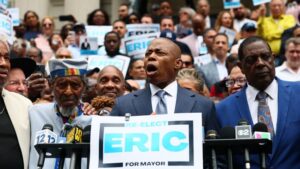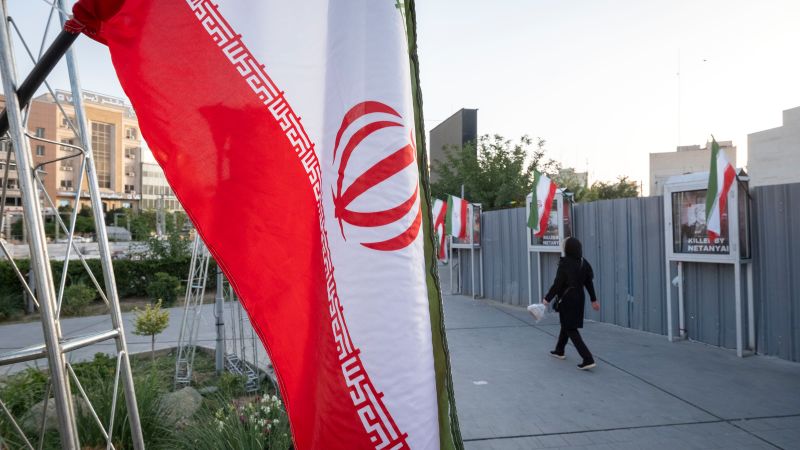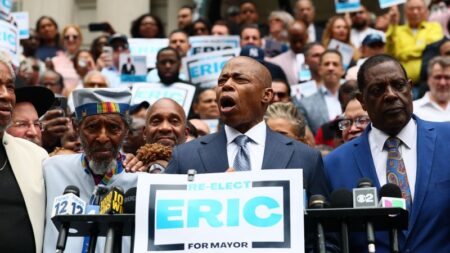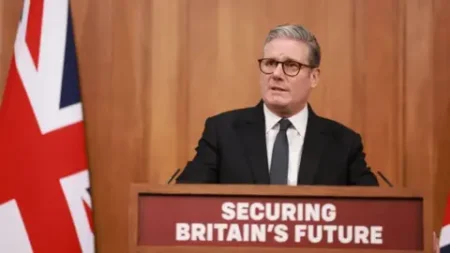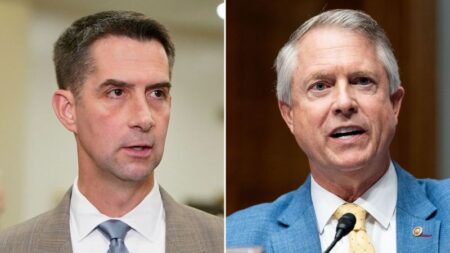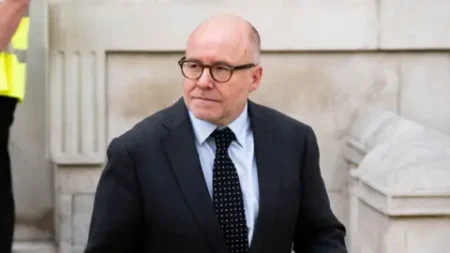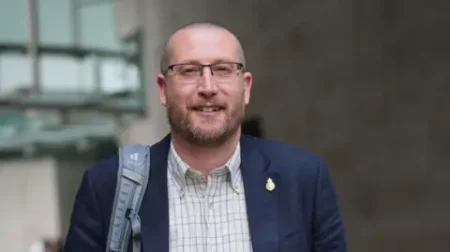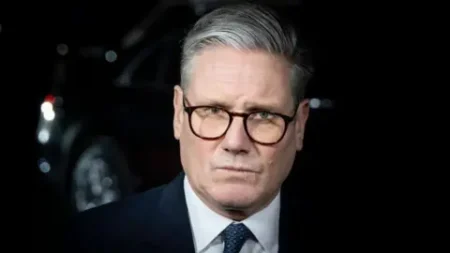The Trump administration has embarked on a multifaceted approach to potentially engage Iran in negotiations regarding its nuclear program. Among the consideration is the possibility of providing Iran with access to as much as $30 billion to facilitate the development of a civilian nuclear energy program. This approach entails easing existing sanctions and unblocking billions of dollars in Iranian assets currently frozen under international sanctions. Sources familiar with ongoing discussions indicate that these efforts are intensifying as the U.S. seeks to bring Tehran back to the negotiating table.
Discussions involving high-ranking officials from the United States and key players in the Middle East have continued to take place, even amidst military operations in the region, particularly between Iran and Israel. The talks persist, demonstrating a desire for diplomatic solutions even in the face of escalating tensions. Notably, these discussions have taken place following a ceasefire agreement, with the hope that a period of relative calm might foster more productive dialogue.
Trump administration officials have characterized various proposals as preliminary and likely subject to change. They underscore one firm requirement: the prohibition of any Iranian uranium enrichment. Iran has consistently argued that some level of enrichment is necessary for its energy needs, but sources suggest that this stipulation remains non-negotiable in the eyes of U.S. officials. A proposal that has circulated within these discussions encapsulates numerous incentives designed to entice Iran toward compliance. Particularly notable is a potential investment of $20 to $30 billion into a non-enrichment nuclear program intended for civilian energy use.
Recent discussions included a secret meeting involving U.S. special envoy Steve Witkoff and Gulf State partners held shortly before military actions were taken against Iran. In these talks, the groundwork for addressing Iran’s nuclear ambitions was laid. There appears to be a strategic alignment between the U.S. and its Gulf allies regarding the potential costs connected with establishing a non-enrichment nuclear program in Iran, which they believe should not be borne by the U.S. but rather by regional partners.
Incentives being explored include the lifting of certain sanctions and allowing Iran access to approximately $6 billion in funds that are currently inaccessible. Another idea gaining traction refers to the possibility of U.S.-backed allies funding a new facility to replace the Fordow nuclear site recently targeted by U.S. military strikes. However, the feasibility of such proposals remains unclear, particularly concerning Iran’s ability to utilize newly constructed facilities.
As various diplomatic proposals are bandied about amongst stakeholders, there remains a degree of uncertainty about the outcome of these discussions. A source close to the negotiations articulated skepticism, suggesting it is too early to predict what form any agreement might take. Witkoff has highlighted the pursuit of a “comprehensive peace agreement” as a primary objective, ensuring that any framework established serves to prevent Iran from acquiring nuclear weapons.
The U.S. recognizes that Iran may pursue a nuclear program for civilian purposes but insists upon prohibiting uranium enrichment necessary for weaponization. Witkoff has suggested that Iran might look toward importing enriched uranium, noting a model similar to the nuclear framework adopted by the United Arab Emirates.
Potential discussions may lead to a diagnostic term sheet being presented to Iran, although precise dates for such conversations are pending. Despite a flurry of diplomatic efforts, President Trump has publicly stated that he does not consider a nuclear agreement to be strictly necessary. While he may exhibit indifference toward the need for a formalized deal, many advisers within the administration perceive a comprehensive agreement as critical for solidifying the ceasefire and preventing future conflicts.
Recent developments indicate that Iran may be shifting its position as well, highlighted by new legislation from the Iranian parliament signaling a desire to limit cooperation with international oversight bodies like the UN’s nuclear watchdog. The urgency of finding common ground is compounded by the fact that hostilities in the region have escalated since the last round of negotiations, which were abruptly interrupted by military actions from Israel against Iranian nuclear sites.
The Trump administration appears hopeful that recent events will prompt Iran to accept U.S. terms, halting ambitions that could lead to nuclear armament. However, Iranian experts caution that the pressure might lead Tehran to solidify its commitment to developing a nuclear weapon instead. As discussions unfold, the potential outcomes remain complex and fraught with geopolitical implications, emphasizing the intricate dance of diplomacy that characterizes U.S.-Iranian relations.


